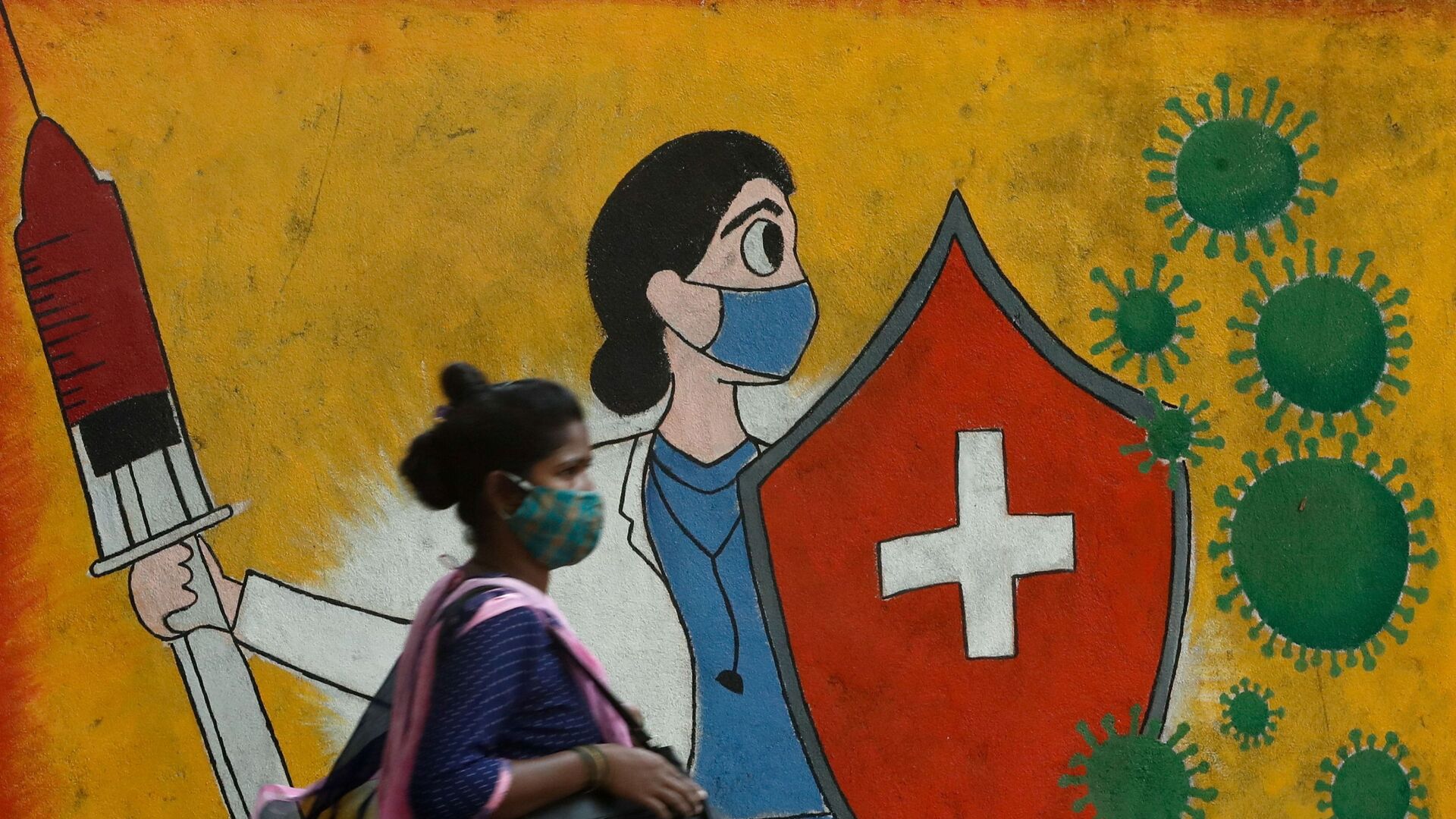In a bid to lose the 'stigma' of geographic titles being given to various strains of the mutating Coronavirus, the World Health Organisation has decided to name the variants using letters of the Greek alphabet.
The Indian variant (B.1.617.2) will now be known as 'COVID Delta' and another, B.1.617.1, as "Kappa". The UK's Kent strain (B.1.1.7) will go by the name of "COVID Alpha". South Africa's variant (B.1.351) will be called as "COVID Beta" and the Brazilian variant (P.1) will be dubbed "COVID Gamma".
The variants have been given the letters Alpha, Beta, Gamma and Delta to reflect their order of detection, with any new variants following the pattern down the Greek alphabet.
Maria Van Kerkhove, the WHO's COVID-19 technical lead said the change "is aimed to help in public discussion".
"No country should be stigmatised for detecting and reporting variants. The labels are simple, easy to say and remember and are based on the Greek alphabet, a system that was chosen following wide consultations and a review of several potential systems,"she added.
However, the new names will not replace existing scientific names that involve numbers, Roman letters and full stops that convey important scientific information and will continue to be used in research.
The WHO said, " While they have their advantages, these scientific names can be difficult to say and recall and are prone to misreporting. As a result, people often resort to calling variants by the places where they are detected, which is stigmatising and discriminatory."
"To avoid this and to simplify public communications, the WHO encourages national authorities, media outlets and others to adopt these new labels,"said the WHO statement.
The Indian government has been particularly sensitive about the variant B.1.717.2 being called the "Indian variant" in the media and on social media platforms. An advisory had been issued by India's Ministry of Information Technology to all social media platforms asking them to purge all content referring to or implying the "Indian Variant of COVID-19".
The development came on the heels of a controversy over Delhi Chief Arvind Kejriwal urging the federal government to suspend all travel from Singapore over the "Singapore Variant" which he said was more dangerous for children and could bring about a third wave of Coronavirus in the country.
Singapore had reacted sharply, denying that there was any "Singapore Variant". Singapore too had issued directions to social media portals saying,"There is no new Singapore Variant of COVID-19. Neither is there evidence of any COVID-19 variant that is 'extremely dangerous for kids." The strain that is prevalent in many of the COVID-19 cases detected in Singapore in recent weeks is the B.1.617.2 variant, which originated from India."
The directions were issued by the Singapore health ministry's office under the Protection from Online Falsehoods and Manipulation Act.
Following Singapore's sharp reaction, the Indian Ministry of External Affairs had to step in to state that the Delhi Chief "does not speak for India".



